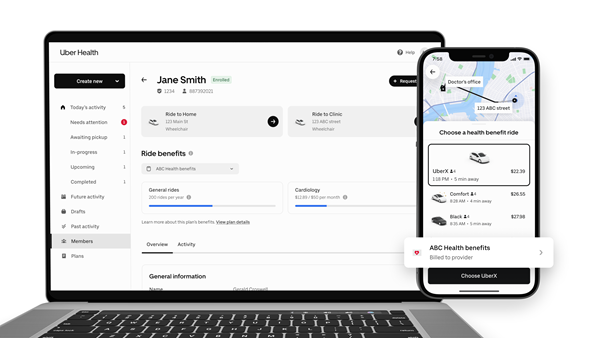The chair of the Senate Finance Committee and several of his Democratic colleagues have introduced a bill that would increase Medicaid payments to rural and safety net hospitals for maternity care.
The bill aims to address a trend of hospitals shuttering their obstetrics service lines, which are often among the first to go when a facility is losing money due to high costs, limited volumes and staffing difficulties.
More than half of the country’s rural hospitals don’t offer labor and delivery services and, per 2022 cost reports, more than a third that do were losing money on patient care services, the Center for Healthcare Quality and Payment Reform warned earlier this year.
Ron Wyden, D-Oregon, along with Maggie Hassan, D-New Hampshire, and 16 other Democratic senators had previewed a draft version of the Keep Obstetrics Local Act over the summer.
As introduced Friday, the bill would increase the base rate for maternity, labor and delivery services, as well as behavioral health services related to maternity care, up to 150% of the Medicare rate, according to the bill’s text (PDF). Rural hospitals, Indian Health Service providers and hospitals providing labor and delivery services care to a majority of Medicaid, Medicare and uninsured patients would be eligible for the pay bump.
“Too many rural communities have become maternity deserts, leaving families without access to care,” Wyden said in a release. “It’s time we reverse this trend and offer some stability to rural hospitals so they can keep their labor and delivery ward doors open.”
Other areas of the bill bump payment benchmarks for various assistance programs and outline a revenue floor to support low-volume eligible hospitals. The package would also bring investments in maternal care workforce development, expand healthcare coverage for mothers under Medicaid and CHIP, require public notice of any hospital obstetrics unit closures and authorize new studies on the costs of maternity care.
The bill has picked up endorsements from several provider groups including America’s Essential Hospitals, the Catholic Health Association, the National Rural Health Association, the American College of Nurse-Midwives and the American College of Obstetricians and Gynecologists.
A one-pager also framed the bill as an answer to the U.S. maternal mortality rate of 22.3 deaths per 100,000 live births, which is higher than other high-income nations and worsens for Black, American Indian and Alaska Native women.
“No matter where they live, expectant moms deserve access to high-quality care to protect their health and the health of their babies,” Hassan said in a release. “As more maternity wards in rural areas of New Hampshire and in states across the country close, this important legislation will help give rural hospitals the resources that they need to support labor and delivery units and provide the high-quality care that women deserve, while also making it easier for more women to get postpartum care after they give birth.”
Efforts to preserve obstetric care were also a headline item of the Biden administration’s most recent Outpatient Prospective Payment System rule, which outlined several new Medicare Conditions of Participation that would require hospitals with emergency departments to provide lifesaving maternal health services “regardless of whether they provide specialty services” such as obstetrics.
Those policies, which are yet to be finalized, were widely criticized by the hospital lobby, which warned that such “unworkable one-size-fits-all requirements” would inadvertently lead to more closures.
Publisher: Source link










